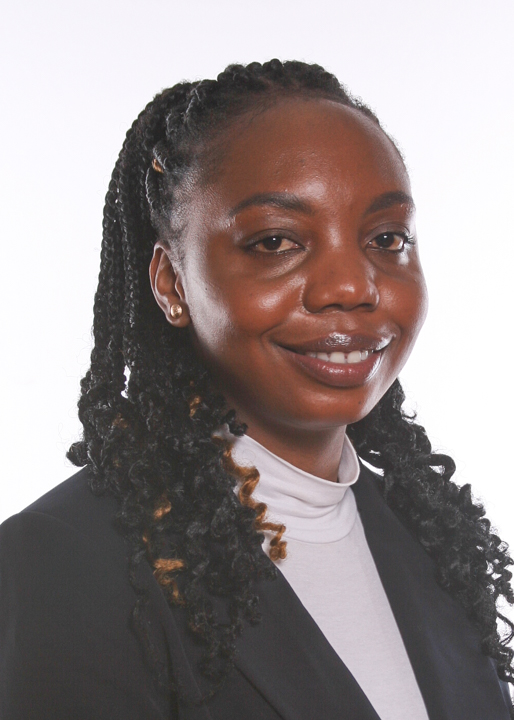|

|
Christabel Hikaambo Christabel obtained her Bachelor’s degree in Pharmacy(BPharm) from the University of Zambia in 2015 and emerged as the best student in her class. In the same year, she was awarded a Korean government scholarship to pursue her Master’s degree in South Korea. She graduated from Sookmyung Women’s University in South Korea in 2018 with a Master’s degree in Pharmacy(MPharm) majoring in Pharmaceutical chemistry. Her project work was based on the Synthesis of enantiomerically pure (d)–doxylamine using a novel chiral auxiliary. From 2019-2021, she served as a lecturer and researcher of pharmaceutical chemistry, medicinal chemistry and pharmacology in the department of pharmacy at the University of Zambia. She was also actively involved in the supervision of undergraduate final year research projects. In 2021, she acquired a Postgraduate diploma in Student research supervision and ethics from the University of Lusaka. |
 |
Natalia ShakelaIn 2017, Natalia successfully completed her Bachelor’s degree in chemistry at Namibia University of Science and Technology (NUST) with cum laude. Subsequently, she served as a laboratory technician at NUST between 2018 and 2020, while concurrently achieving a BSc Hons in Applied Chemistry, also with cum laude. In 2021, Natalia embarked on her MSc in medicinal chemistry under the esteemed supervision of Prof. Kelly Chibale, Dr. Kathryn Wicht, and Dr. John Woodland at the University of Cape Town. Natalia's exceptional performance warranted the upgrade of her MSc to a PhD in 2023. Her doctoral research is focused on the repositioning of anticancer inhibitors for malaria. Natalia's professional ambition is to establish a research unit in Namibia to cultivate the next generation of medicinal chemists in the country. |
|

|
Ferdinand Ndubi Ferdinand is a trained pharmacist, having graduated with a Bachelor of Pharmacy (B.Pharm) degree from the University of Nairobi in Kenya in 2010. After a short stint as a practising pharmacist, he joined the University of Cape Town in 2014 for a MSc degree in Chemistry under the supervision of Prof. Kelly Chibale and Prof. Mino Caira. His MSc research involved synthesis, supramolecular derivatization, and pharmacological evaluation of antimalarial pyridobenzimidazoles to optimise their antimalarial activity and physico-chemical properties. He obtained his MSc in 2016. Since then he has been serving as lecturer and researcher at the department of pharmaceutical chemistry, school of pharmacy, Kabarak University in Kenya. |
